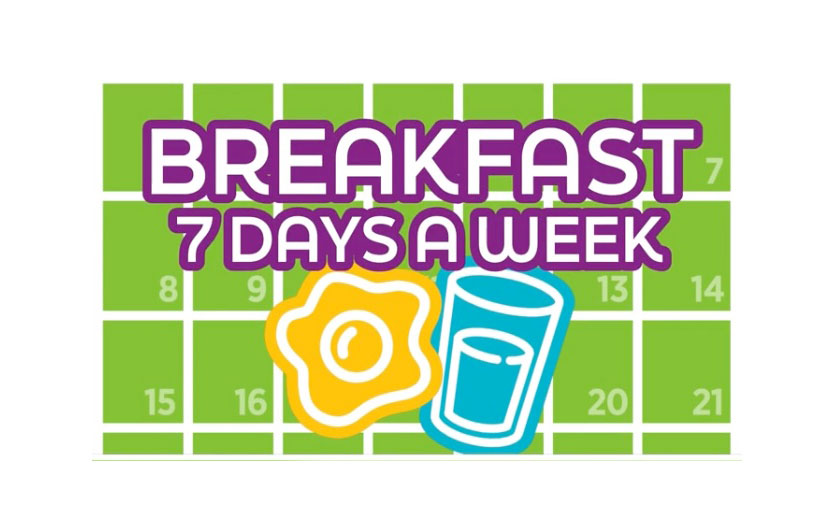
This post was written by Dave Johnson, PhD, CNS, BC, LMFT, employee assistance specialist, Parkview Health.
I love being a dad and grandpa. Children and grandchildren have been the sources of my greatest joys. And I have, admittedly, used “treats” to soothe kids’ falls, bumps and bruises, which are normal parts of children’s life experiences. Somehow, a popsicle seemed not only appropriate, but essential in helping kiddos who had pain from a fall, injury or illness. And of course, the life celebrations of birthdays, holidays, weddings and general family gatherings include the tasty rewards of cakes, pies, and the sweetness of food and beverage.
Perhaps it was during my childhood when my personal eating patterns began. Rewards of treats were common and not getting a dessert was used as a consequence or punishment for unsatisfactory behavior. As an adult, if I got yelled at by a boss or had a stressful day at work, later I could self-soothe with a bag of my favorite chips. Sometimes after a promotion or milestone achievement, I would lean into food and libations with family and friends to celebrate. It all makes sense. It’s all good. Well, if I’m honest with myself, maybe not always or to the extent that I comforted or ate food on autopilot.
The habit of excess
Sometimes habit loops, especially with high sugary treats, become a mainstay in diet regimens. I know that even though I was a daily runner for years and fairly fit, I gained about two pounds per year over a 25-year trajectory. The trials, tribulations and thrills of the full life added at least 50-60 pounds to my weight. The gain was insidious. I was heavy, but I didn’t see it. My body had morphed, and with it came the pairing of heart disease, cancer, and joints and bones that often hurt carrying excess weight.
I recall my physician drawing an actual sad face on my chart one day as we met. There was a tear coming down the cartoon’s simplistic face. I thought it was a joke, but it had a deep impact on me. He proceeded to coach me and posed, “Dave, you teach mindfulness to our patients. Have you ever thought of eating mindfully?” I was an avid supporter of mindful practices such as prayer, meditation, yoga, tai chi, deep breathing, and centering tools to help soothe the stress and toils of life. But in all honesty, ten years ago, I really hadn’t connected the dots with my own habit loops and eating. I’d sometimes try to change eating with the flavor of the month’s diet. Often, I would lose weight only to regain and sometimes add to the scale.
Habit loops included patterns of my behavior that, over time, were impacting my health. And even though I knew I should reduce consumption or amounts of certain treats, knowing what I should do was not enough. It didn’t seem to make a difference to help me break out of my mindless and sometimes overconsuming food habit loop. If physical hunger wasn’t the issue, then food might not be the best solution. But sometimes, fear, anger, loneliness, tiredness, stress, or over-extended hunger would set me up to repeat a negative eating pattern. Positive or negative triggers, followed by my response (feeding), and the release of brain chemicals such as dopamine, rewarded the pattern.
Mindfulness during mealtime
Revisiting eating patterns through the lens of mindfulness and doing the deep dive in science-based approaches has led to change. My physician was right. I could use mindful practices and wake up to certain patterns, reflect on those patterns, set goals that included self-compassion, pause, and actually build a mindful muscle to change them. The science and evidence-based approach would be helpful, easy to understand, but not simple to do.
In a deeper dive into mindful eating, I learned that rats in the research lab would choose sugar over heroin and changing eating patterns would be as challenging as other addictions such as smoking cessation, alcohol abuse, gambling addiction and many others. Shame, guilt and confusion of this pattern, along with clarity about why, what and how to eat could make a difference.
For this nurse therapist, the pursuit to heal thyself was and still is a journey. Learning to reduce crave-based eating patterns and stop feeding negative habit loops helps one feel a bit more resilient, self-compassionate and mindful. Accessing great resources like the Center for Healthy Living’s “Ask the Registered Dietitian” and peer support was and still is critical in success. Learning ways to help myself stop and pause before mindless consumption could be a helpful habit for others to learn as well. Reaching out and discovering these benefits in a supportive environment might be what you need, too.
Want to learn more?
Join us for a five-week series to help you Curb Your Cravings with Dr. Dave Johnson. Call the Parkview Center for Healthy Living at 260-6500-6500 or 844-835-0003 for information about the program.




